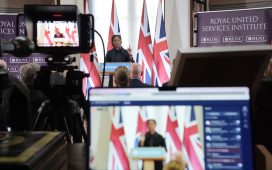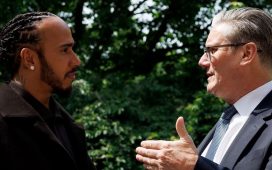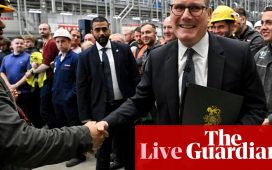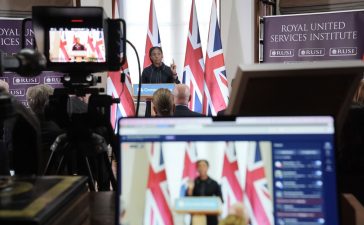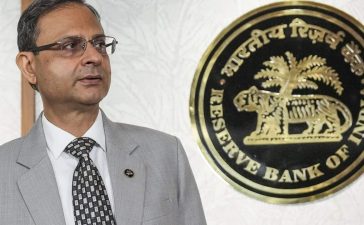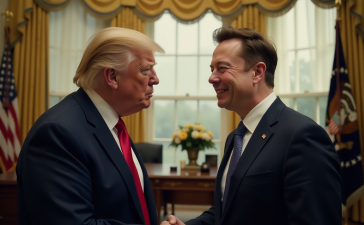 PA Media
PA MediaThe US’s top diplomat Antony Blinken and Foreign Secretary David Lammy have said they will visit Ukraine together this week, as they warned of an escalation of Russia’s invasion of the country.
The pair said it was a “critical moment” to support Ukraine in its fight against Russia, as they held talks in London.
Mr Lammy said it would be the “first joint visit of this kind for a decade” and would demonstrate the West’s commitment to Ukraine.
The talks were focused on pressing international issues such as the wars in Gaza and Ukraine, and sanctions against Russia and its allies.
British diplomats are hailing the visit as a reaffirmation of a close partnership between the two countries, often described as the “special relationship”.
Mr Blinken’s UK trip comes ahead of Prime Minister Keir Starmer’s second visit to the White House on Friday.
Creeping Russian territorial gains in eastern Ukraine and an elusive ceasefire in Gaza are the most prominent items on the agenda during this round of British-US diplomacy.
At a news conference, Mr Blinken said the UK and US were “prioritising security assistance to Ukraine” as Russia was “continuing to escalate its war” by targeting electritity infrastructure ahead of winter.
But neither Mr Blinken nor Mr Lammy went into the specific details about the ways in which military aid to Ukraine could be boosted, or expanded much on the purpose of their visit to Ukraine.
Mr Blinken said one of their goals was to “hear directly from the Ukrainian leadership” about their “objectives and what we can do to support those needs”.
The pair did have tough words for China, Iran and North Korea, which they accused of giving military assistance to Russia.
Mr Blinken said the US would announce new sanctions on Iran and accused it of shipping ballistic missiles to Russia.
The US secretary of state said Russia was expected to use the missiles in its war in Ukraine in the coming weeks, and was also sharing technology with Iran, including on nuclear issues.
 EPA
EPASir Keir has made clear the UK government will continue to back Ukraine and send £3bn in military support to the country for as long as needed.
Last week, the UK government said it was sending hundreds more short-range missiles to Ukraine in a package worth £162m.
But the US is by far the biggest supplier of arms to Ukraine.
At a summit in Germany last week, Ukrainian President Volodymyr Zelensky criticised the pace of weapons deliveries, and asked for authorisation to strike targets deep inside Russia with Western-supplied missiles.
As Mr Zelensky pleads for more weapons, Russian forces have been slowly advancing in eastern Ukraine, while Ukrainian troops wage a bold offensive into Russian territory.
The situation in Ukraine means upcoming talks in Kyiv are urgent and Mr Lammy and Mr Blinken will probably be pressed again to allow Ukraine to use their weapons to attack Russia.
Mr Blinken would not be drawn on what their answer will be this time to President Zelensky’s longstanding plea.
While the UK and US are broadly aligned on Ukraine, there are differences on Gaza.
Last week, the UK suspended some arms export licenses to Israel over equipment that could be used in Gaza.
US President Joe Biden and his administration have resisted calls to follow suit, though they have not publicly criticsed the UK’s decision.
The issue did not sour the mood of fellowship in London on Tuesday, but Mr Blinken did make a striking statement about Israel’s military.
He said Israel’s military needed to make “fundamental changes” after a US-Turkish activist was shot dead during a protest in the occupied West Bank last week.
“Her killing was both unprovoked and unjustified,” Mr Blinken said.
Hailing US-UK co-operation on Ukraine and other matters, Mr Blinken said the relationship between the two nations went beyond special.
“I like to call it essential – essential to our nations, our people, and people well beyond our shores,” Mr Blinken said.


